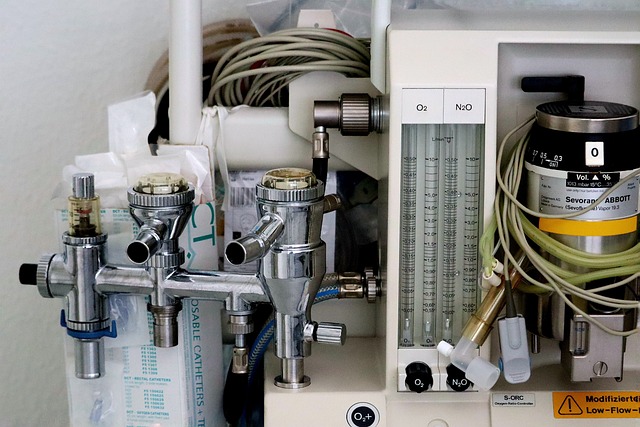Share This Article:

Sarasota, FL (WorkersCompensation.com) – According to data from Sedgwick, 2021 had the highest number of medical devices recalled in the past 5 years, but the lowest number of product recall events. Sterility was the leading cause of recalls for the number of units impacted, accounting 37.5 percent of total units recalled. Just in the fourth quarter, 21 medical device recall events garnered a class I or most serious recall warning from the Food and Drug Administration (FDA).
Not only are recall safety levels classed, but medical devices are classed as well according to their risk. Class III medical are those devices that “usually sustain or support life, are implanted, or present potential unreasonable risk of illness or injury.” The category accounts for around 10 percent of medical devices approved by the FDA.
Due to an increased risk of this class of medical device, the FDA has implemented a strict approval process that takes place prior to the device going on the market. The process is known as a premarket approval (PMA), most of which require clinical trials.
Not all PMA processes for the FDA require a clinical trial, such as the fast track route 501K. Each year, around 600 new orthopedic devices are cleared or approved, with orthopedics accounting for approximately 20 percent of the device market. Estimates show that around 97 percent of orthopedic devices are approved through the 501K FDA process.
The FDA does allow manufacturers to modify a previously approved PMA application by submitting supplements, of which there are 5 types. Panel Track supplements, which address indications and major design changes, are the only type of supplement that require clinical data, and are the least type used. Some estimates suggest that the average number of changes submitted on an approved medical device PMA application ranges from 6.5 to 50 changes.
What is concerning is that some studies suggest devices approved via the PMA process have three times the risk of any recall, and seven times the risk of a class I recall. While there is very limited data to explain the differences, researchers from the University of Missouri–Kansas City speculate that one possible explanation could be the extensive changes that manufacturers make to an already approved device.
In a recent study, the researchers cross-referenced PMA approved devices from January 2008 through December 2019, against recall data through December 2021. A total of 373 devices were initiated through the PMA process during the study time period, with a total of 10,776 changes or supplements submitted on those devices. An average of 2.5 supplements per device were approved annually.
The researchers determined that an increase of 1 supplement or change per year to a device was associated with a 28 percent increased risk of any recall, and a 32 percent increase risk of a class I recall. Additionally, the researchers found that cardiovascular devices had a 3.5 times the risk of a class I recall. Overall, design flaws were the cause of nearly 30 percent of all recalls, and accounted for over half of the class I recalls.
The researchers noted that the average time until first recall was less than 2 years from original device approval. In their comparison review from the National Health Service in England, the researchers found that 45 percent of marketed total hip arthroplasty brands were on the market for fewer than 3 years, and around half lacked any clinical effectiveness data.
Overall, the researchers believe that the results of their analysis call for a review of the PMA and supplement process by the FDA. They believe that physician awareness, improved testing and post market surveillance strategies could be implemented to improve patient safety.
AI california case management case management focus claims compensability compliance courts covid do you know the rule emotions exclusive remedy florida FMLA fraud glossary check Healthcare health care hr homeroom insurance insurers iowa leadership medical NCCI new jersey new york ohio osha pennsylvania roadmap Safety state info technology texas violence WDYT what do you think women's history women's history month workcompcollege workers' comp 101 workers' recovery Workplace Safety Workplace Violence
Read Also
- Apr 25, 2025
- Liz Carey
- Apr 24, 2025
- Frank Ferreri
About The Author
About The Author
-
F.J. Thomas
F.J. Thomas has worked in healthcare business for more than fifteen years in Tennessee. Her experience as a contract appeals analyst has given her an intimate grasp of the inner workings of both the provider and insurance world. Knowing first hand that the industry is constantly changing, she strives to find resources and information you can use.
More by This Author
Read More
- Apr 25, 2025
- Liz Carey
- Apr 24, 2025
- Frank Ferreri
- Apr 24, 2025
- Liz Carey
- Apr 24, 2025
- Claire Muselman
- Apr 24, 2025
- Chris Parker




